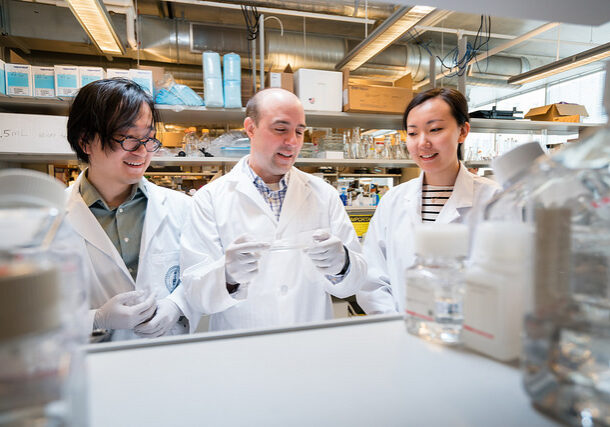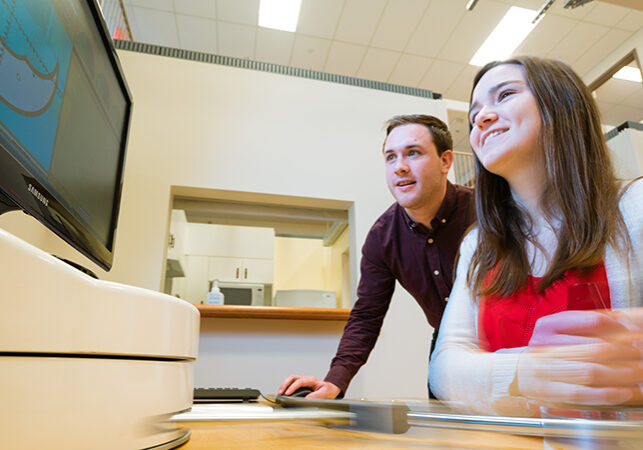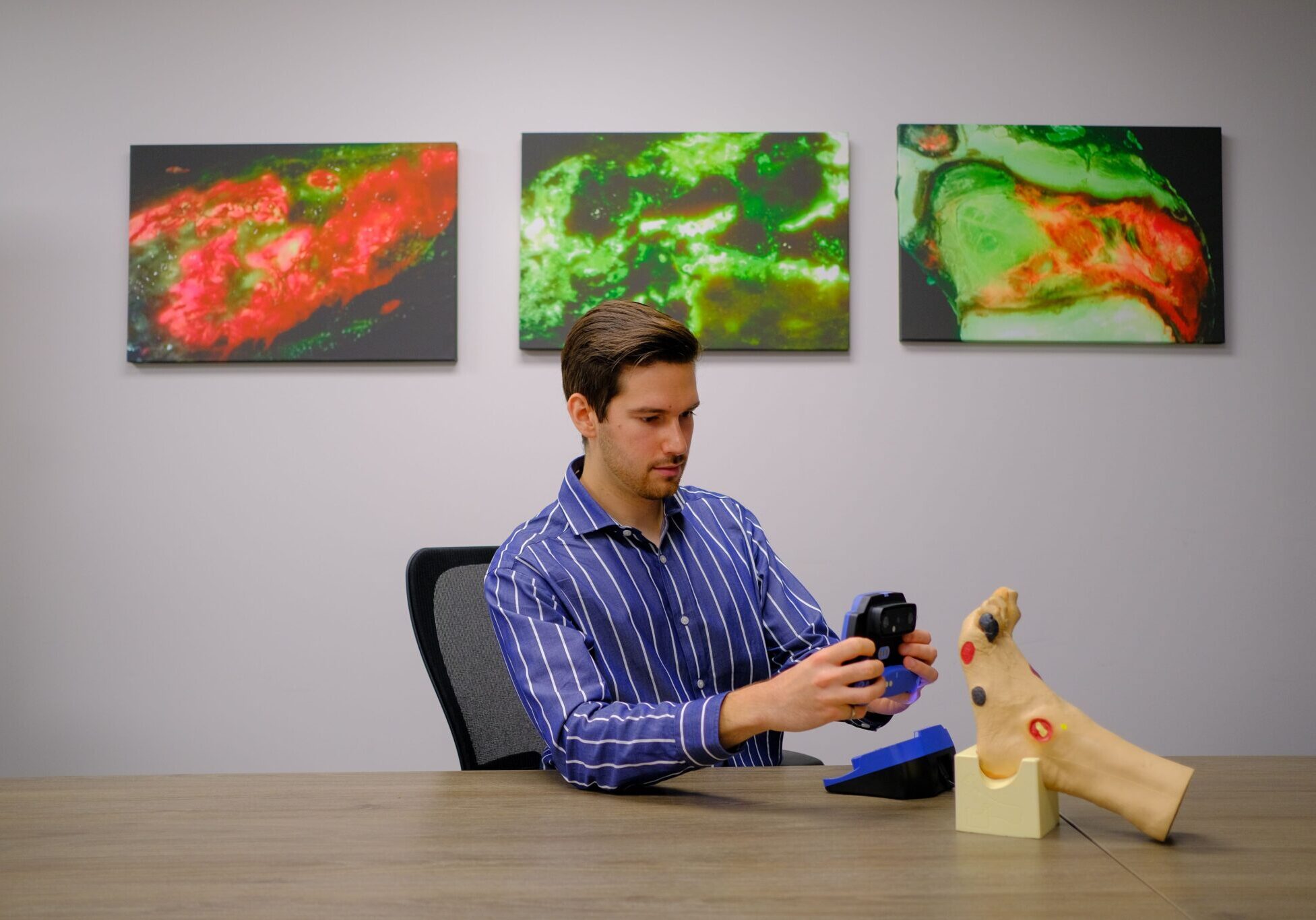Programs Overview
Overview
Are you a prospective student? Here at the Institute of Biomedical Engineering (BME), we connect researchers across the University of Toronto and its partner hospitals to develop innovative solutions to improve human health.
At the Institute of Biomedical Engineering (BME), we have 3 graduate programs and 2 undergraduate programs.
Graduate programs
Doctor of Philosophy
Research degree that exposes candidates to cutting-edge research in a laboratory
Master of Applied Science
Research degree that exposes candidates to cutting-edge research in a laboratory
Master of Engineering
Professional degree that exposes candidates to biomedical device design to commercialization
Graduate programs comparison
| Stream: | Research | Professional |
|---|---|---|
| Program: | PhD / MASc | MEng |
| Focus: | Research intensive training in a laboratory or clinical setting. | Training in biomedical device design, implementation, and commercialization. |
| Career Interests: | Individuals pursuing careers in academia, healthcare, government, or industry, who have a passion for research and development. • Motivated to conduct cutting-edge research • Passionate about academic collaboration and science communication • Keen on becoming key opinion leaders with distinct research specialization | Individuals interested in medical device production from design to implementation in human patients. • Seeking product design knowledge • Interested in learning entrepreneurship fundamentals • Eagar to gain real-world experience in the healthcare sector |
| Degree(s) Required: | Bachelor of Science, Bachelor of Engineering, Master of Applied Science (for PhD only), or Master of Engineering (PhD only). | Bachelor of Engineering or Bachelor of Science. |
| Outcome: | Program graduates excel as leaders in academia, industry, and government agencies across the globe. | Through work-integrated learning, graduates emerge as company founders, technology leaders, and start-up creators in the healthcare sector. |
| Program Length: | approx. 2 years (for MASc) or approx. 4 years (for PhD) | 1 year |
| Funding: | Unit-funded | Self-funded |
| Curricula: | • Coursework • Committee Meetings • Qualifying/Bypass Exam (for PhD) • Thesis • Defense • Final Oral Exam (for PhD) | • Coursework • Practical Experience |
Apply to graduate studies at BME
Undergraduate programs and opportunities
-
Year 1
Engineering Science (EngSci) program students learn fundamentals of different science disciplines and begin team-based design training through praxis courses.
Opportunities:
-
Year 4
Major students may focus on skill advancement and further knowledge and competencies through the completion of specialization courses, thesis, and design/capstone projects.
-
Year 1
Engineering students establish knowledge in math and applied & basic sciences.
-
Year 4
Minor students may focus on skill advancement in one of the three themes (mentioned above) toward becoming a specialist in their respective field.
Read more student news & stories
Early Career Teaching Award spotlight: Q&A with Dawn Kilkenny
March 21, 2017 | IBBME award-winning educator shares her thoughts about great teaching
Two IBBME students named 2017 Jennifer Dorrington Graduate Research Award recipients
February 8, 2017 | Doctoral candidates Yonatan Lipsitz and Stanley Ng recognized for research excellence
MD/PhD student Amanda Khan named one of Canada’s most powerful women
January 9, 2017 | U of T clinician-scientist trainee joins Women’s Executive Network’s (WXN) 2016 Top 100 list in the TELUS Future Leaders category
U of T Engineering World Health named Chapter of the Year and awarded the EWH / Tensentric Design Competition Award
October 31, 2016 | The U of T chapter, spearheaded by two IBBME graduate students, was recognized as the most outstanding student organization among 43 groups around the world
3D-printed cleft palate simulator improves surgery training
October 21, 2016 | PhD candidate Dale Podolsky’s start-up makes anatomically-accurate simulators for surgical training
Five U of T IBBME doctoral candidates receive Vanier Scholarships
October 17, 2016 | U of T biomedical engineering PhD candidates awarded Canada’s top doctoral scholarship for excellence in academics, research impact and leadership
PhD candidate Jenna Usprech wins inaugural IBBME Teaching Assistant Award of Excellence
September 28, 2016 | Biomechanics course TA recognized for her instructional effectiveness and dedication to the student experience
Meet two of our newest students: Neal Callaghan and John Edgar
September 22, 2016 | Q&A with two top entrance scholars joining IBBME this fall
Famed ‘biohacker’ Andrew Pelling encourages budding engineers to watch more sci-fi and just ask questions
August 16, 2016 | 2016 TED fellow gives keynote address at the Undergraduate Summer Research Program closing symposium


